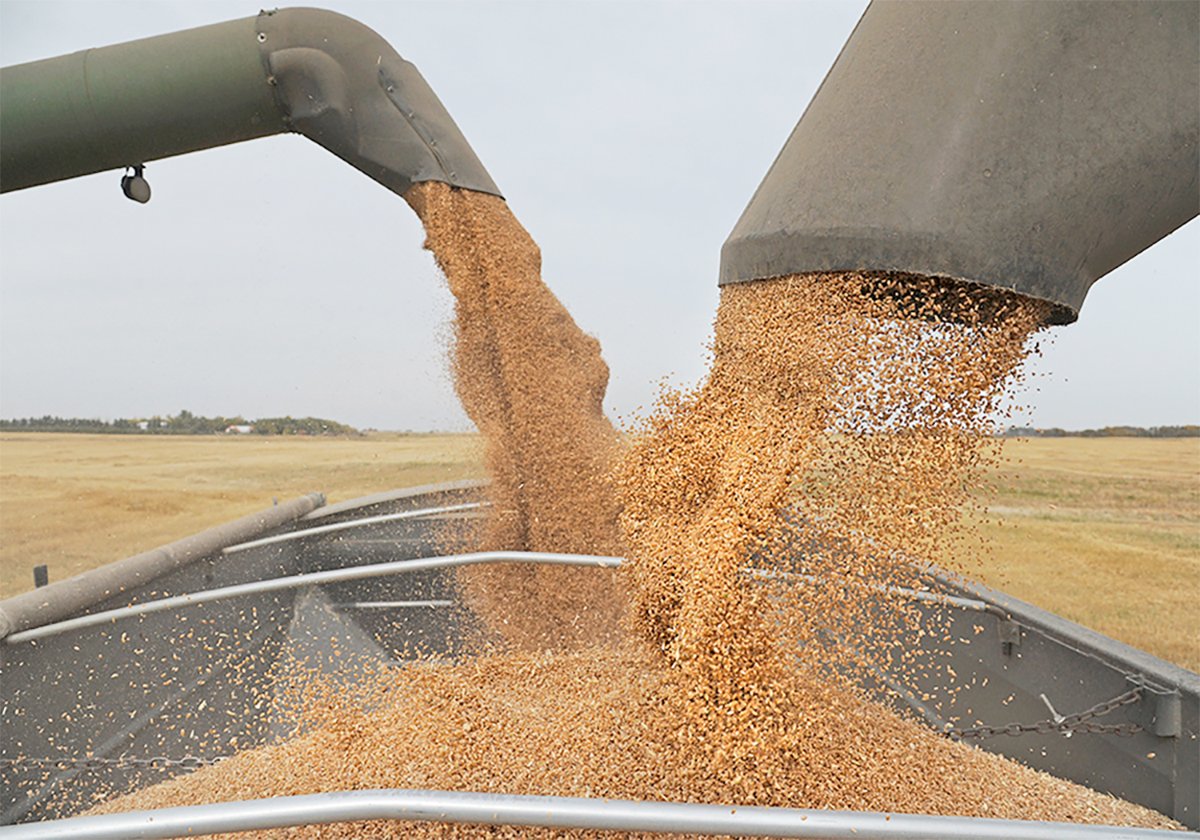It was a moment rich in …. What? Comic relief? Irony? Political theatre?
There was agriculture minister Chuck Strahl standing in the lobby of the House of Commons professing his innocence in the ongoing and increasingly nasty fight between Canadian Wheat Board directors and the Conservative government.
I’m trying to be nice and co-operative, he said. I met with them for more than two hours in Winnipeg, agreed to work with them and then they take me to court over whether I can appoint a chief executive officer and order that he be paid what I agreed he should be paid.
Read Also

Agriculture productivity can be increased with little or no cost
There’s a way to enhance agricultural productivity with little or no cost. It doesn’t even require a bunch of legislative changes.
“I don’t know what else I can do,” Strahl said. “I’m not trying to pick a fight.”
From the other side of the barricades, the wheat board directors clearly see him as a total fight-picker, a schoolyard bully throwing his weight around.
The wheat board is run by farmers who elect the majority of directors, they insist. The anti-monopoly minister is pushing the boundaries of the Canadian Wheat Board Act of 1998 and surely is breaking the spirit of the act that farmers control the board.
What is clear to insiders on both sides of the divide – the minister says he has the act on his side, the board says it has the act on its side – is far from clear to outsiders.
The board and its supporters are incensed that Strahl is opposed to the monopoly, despite the fact that the Conservatives and their predecessor Reform and Progressive Conservative parties both were.
They are incensed that the Conservative government is violating the Liberal determination in 1998 to put the CWB under farmer control when in fact the Liberal government of the day did no such thing. Ottawa continues to have the power to appoint one-third of the board of directors including the all-important CEO and continues to provide enough financial backstopping to give it a legitimate claim to interference.
If the Liberals really had wanted to put the board under farmer control, they would have written a different bill. But of course the Liberals of 1998 never imagined an anti-monopoly party in power.
On the other side, Strahl surely is shrewd enough to understand why the board of directors’ majority would fight his every anti-monopoly move.
They believe he is defying the majority farmer opinion and they have voting results to support the view.
They are convinced he is misusing the CWB Act provisions that allowed ministerial power in the interim period in 1998 before the first farmer elections were held.
They believe he is wrong when he says the CWB can continue to be an option without a monopoly even though it has no grain-handling infrastructure.
Even at the height of the Liberal manoeuvring to get rid of the Crow rate in the 1980s and 1990s, no Liberal minister lamented the opposition of prairie farm groups who understood what they were losing and what the Liberals weren’t telling them.
Strahl must realize his opponents understand the stakes and legitimately defend their interests.
Meanwhile, the CWB uses money from captive farmers, a large number of whom oppose it, to fight the government.
It is an ugly mess. As usual in ugly messes, the lawyers are smiling.














